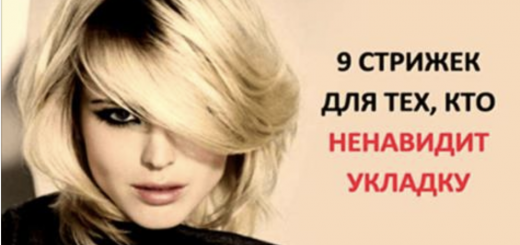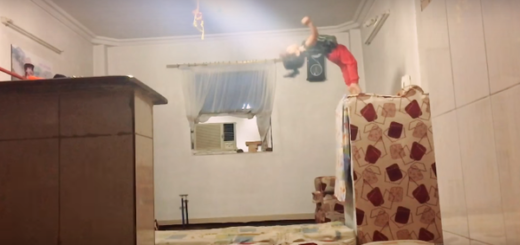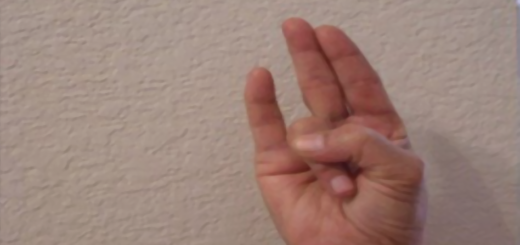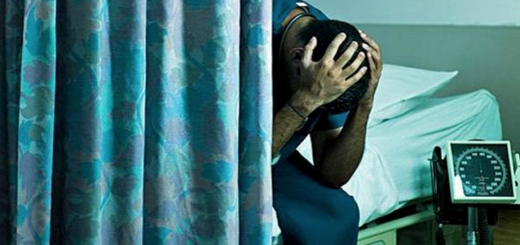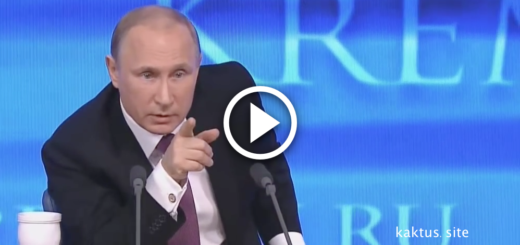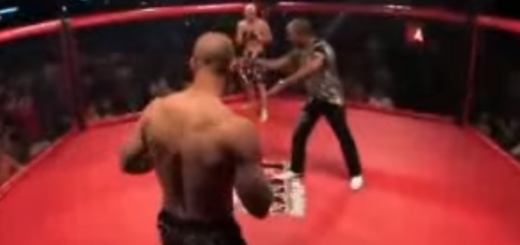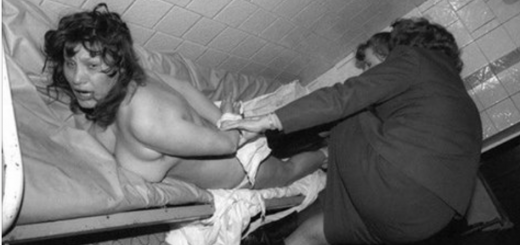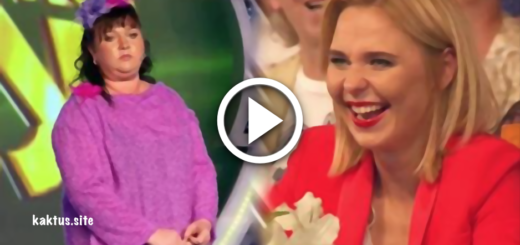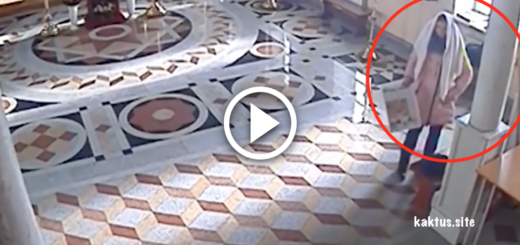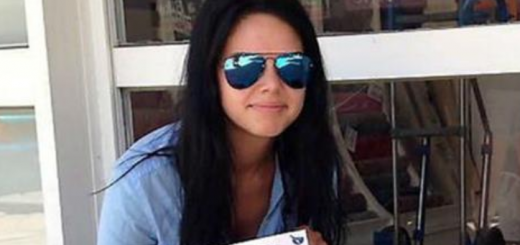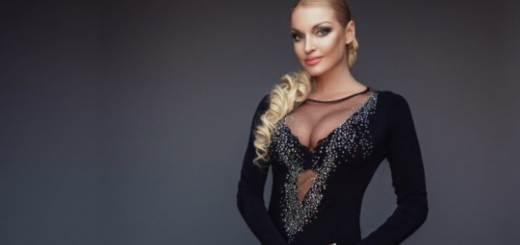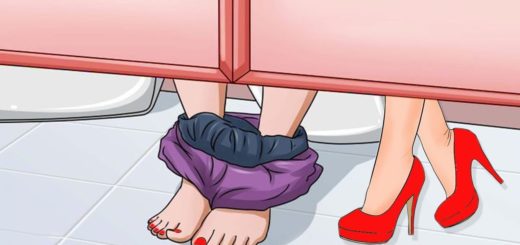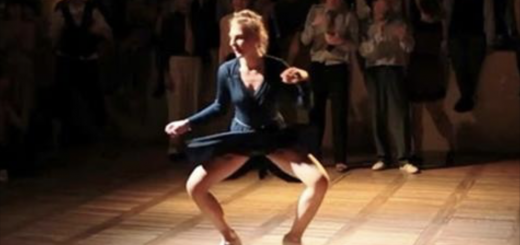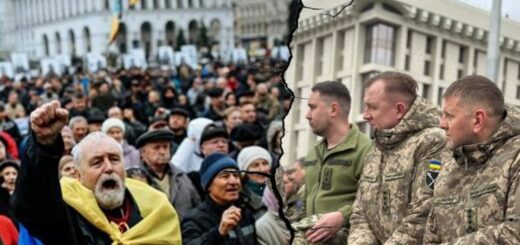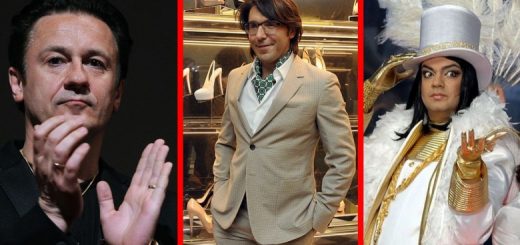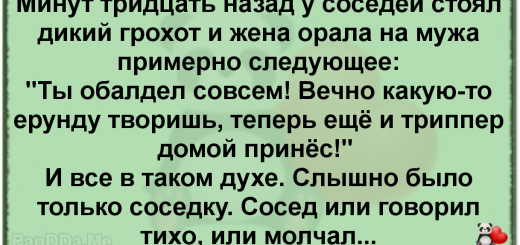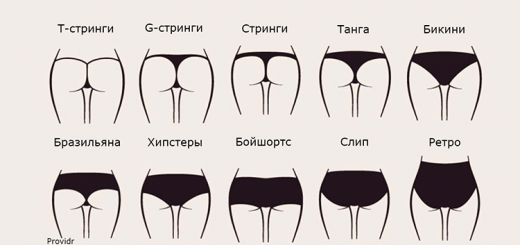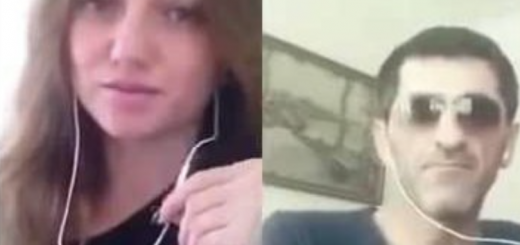He was alive.
Without another word, James sank back into his chair and dismissed her with a curt wave of his hand. Claire gave a final, respectful nod and quietly exited the office.
Alone once more, James stared out the panoramic window, his own reflection a faint ghost against the Manhattan skyline. He didn’t feel like he had won. He felt completely disarmed. He had intended to extinguish this bizarre, unprofessional influence Claire had introduced. Instead, he found himself staring into the void where his certainty used to reside. Her words echoed, not as a challenge, but as a statement of fact. And the most infuriating part was that she hadn’t pleaded for her job. She hadn’t tried to defend her actions with anything other than the simple truth of what she had observed in his son—something he, with all his resources, had failed to see for years. It was as if she had spoken directly to the wound inside him that had never stopped bleeding, the one hidden beneath all the layers of corporate efficiency and logic.
That night, James poured a glass of expensive scotch but left it untouched on the nightstand. He sat on the edge of his bed, staring at the intricate patterns of the Persian rug. The melody Claire had played, a song he didn’t even recognize, seemed to have embedded itself in his mind. It was a soft, repeating pattern, like a choreographed breath.
He tried to recall the last time he had heard music in this house that wasn’t part of some prescribed therapeutic stimulation for Leo. And then, the memory surfaced, sharp and painful.
Eleanor. His wife.
She had adored dancing. Not in any formal way, but with a pure, uninhibited freedom. She would dance barefoot in the kitchen while cooking, holding Leo in her arms when he was just a toddler, humming melodies that seemed to spring from her own joyful soul. James had even danced with her once, right in the living room, just after Leo had taken his first clumsy steps. He had felt foolish and weightless all at once. That was before the accident. Before the silence.
He hadn’t allowed himself to dance since. He hadn’t allowed himself much of anything. But tonight, in the stillness of his room, he found his body swaying almost imperceptibly, caught in a space between motion and stillness.
Unable to resist the pull of that memory, he rose and walked down the hall to Leo’s room. He pushed the door open soundlessly, half-afraid of what he might find. Leo was in his wheelchair, his back to the door, gazing out the window at the city lights as always. But the quality of the silence in the room was different. There was a faint sound.
James stepped closer. It wasn’t coming from a speaker. It was coming from his son.
Leo’s lips were just slightly parted. The sound was thin, almost lost in the ambient hum of the building, but it was unmistakable. He was humming. The same off-key, trembling, imperfect melody Claire had played.
A knot formed in James’s chest. He stood frozen, afraid to move, terrified that any sound or sudden motion would shatter this fragile miracle. Leo didn’t turn. He just kept humming, his body rocking ever so slightly, a movement so subtle James would have missed it if he wasn’t so desperately searching for any sign of life. And he realized in that moment that he was always searching. He had just stopped believing he would ever find one.
Back in his own room, sleep was impossible. It wasn’t insomnia or stress that kept him awake, but something far stranger: the immense, terrifying weight of possibility. Claire unsettled him, not because she had overstepped her bounds, but because she had achieved the impossible. She had done something that the most credentialed, expensive, and highly recommended specialists had failed to do. She had reached his son, not with clinical techniques, but with something he considered far more dangerous and unpredictable.
Emotion. Vulnerability.
She had dared to treat his son like a boy, not a case file.
For three years, James had been trying to rebuild what the accident had broken, using money, systems, and technology as his tools. But what Claire had accomplished could not be replicated in a laboratory or quantified on a chart. That terrified him. And it also, though he refused to admit it to himself yet, gave him something else. Something he had long ago buried beneath layers of grief and protocol. Hope. And that tiny, fragile flicker of hope threatened to rewrite everything he thought he knew.
Claire was permitted to return to the penthouse, but under a new, rigid set of rules.
— Your duties are limited to cleaning. Nothing more.
James had stated this to her the moment she arrived, his voice neutral, his gaze fixed on a point just over her shoulder.
— No music. No dancing. You clean.
Claire did not protest. She simply nodded once, accepting her mop and bucket as if they were the terms of a silent treaty. A line had been drawn. James told himself this was a necessary precaution, that repeating the dance could disrupt the delicate progress inside Leo. But he knew, in a place he didn’t dare examine, that he was protecting himself. He wasn’t ready to concede that this housekeeper, with her quiet intuition, had succeeded where his entire empire of logic had failed.
He began to watch her from the hallway, concealed in the sliver of a partially open door. Claire never spoke to Leo directly. She moved around him as if he were a natural part of the landscape. But as she worked, she hummed. They were soft, ancient-sounding melodies in a language James didn’t recognize, tunes that felt passed down through memory, not written on a page.
At first, Leo remained perfectly still, his chair in its usual spot by the window, his expression betraying nothing. Claire, however, seemed to expect no sudden miracles. She moved through her tasks with a gentle, consistent rhythm. Her motions were fluid and intentional, as if she were moving within a gentle current. Every so often, she would pause her sweeping and allow her humming to dip or rise, a subtle change in the room’s emotional texture.
Then, one afternoon, something happened. It was a tiny thing, a detail anyone else would have missed. As Claire swept past Leo’s chair, her hummed melody shifted into a brief, melancholic minor key. His eyes followed the sound of her broom for a fraction of a second. James saw it. Claire gave no reaction. She didn’t praise him or draw attention to it. She simply continued her work, her melody unbroken.
The next day, it happened again. This time, his eyes followed her for a full second longer. A few days after that, he blinked twice, slowly and deliberately, when she turned toward him. It was like a conversation being built without words, a new language where his only vocabulary was the flutter of an eyelid.
James continued his vigil from the hallway, morning after morning. He told himself it was clinical observation, data collection. But as the days passed, he realized it was no longer about verifying her success or failure. He was simply hoping she would continue.
She never pushed, never cajoled. She simply offered her presence, a steady rhythm that Leo could choose to lean into. There was no agenda, no clipboard, no timeline for progress. Once, she paused her sweeping to softly tap a wooden spoon against the side of a metal bucket. The rhythm was a mere whisper. But from his hidden vantage point, James saw Leo’s foot twitch. Just once. A barely perceptible motion, and then stillness.
These were not the breakthroughs of medical journals. But they were evidence that connection was not a switch to be flipped, but a garden to be tended with patience. James found himself standing in the hallway for longer stretches each day, his own breathing slowing to match the tempo of Claire’s work. He once tried to explain it to Leo’s physical therapist, but the words felt clumsy and inadequate. How could he describe the significance of eye twitches and finger curls as major milestones? They would dismiss it as anecdotal, unverifiable. Edward no longer cared. He was learning to see the profound importance in what looked like nothing at all.
At the end of her shift, Claire would pack her supplies, offer a nod to James if they crossed paths, and disappear into the elevator as if she hadn’t just fundamentally altered the meaning of their day. There was a maddening humility to the power she wielded.
On the sixth day, after a morning in which Leo had tracked her movements three separate times, Claire finished her work. As she gathered her things to leave, she walked over to the small table beside the armchair where James often sat. From her pocket, she pulled a carefully folded napkin. Without a word, she placed it on the table, glanced once toward the hallway where she knew he was watching, and left.
James waited until the elevator doors had closed before he approached it. The napkin was plain white, but on it was a pencil drawing, childlike yet rendered with surprising focus. It depicted two stick figures, one tall and one small, their arms outstretched in the unmistakable arc of a dance.
His throat tightened. He sank into the chair and held the napkin for a long time. The lines were hesitant, smudged where they had been erased and redrawn. But there was no doubt who had created it. It was from his son, who hadn’t held a pencil in three years, who hadn’t initiated any form of communication, let alone captured a memory.
James stared at it, its simple honesty more piercing than any photograph. He could see the moment it depicted as clearly as if it were happening again: Claire spinning, his son’s hand in hers. This is what Leo had chosen to remember. This is what he had chosen to share. It wasn’t a cry for help or a demand. It was an offering. A single crumb of joy left behind by a boy who had retreated so far into the fortress of his own mind.
That evening, James left the napkin on the table, proof that something inside his son was slowly, quietly, learning to move again.
The therapy session commenced with its usual sterile procedure: structure, silence, and a polite, clinical detachment. Leo sat in his wheelchair opposite Dr. Albright, a speech therapist who had been visiting the penthouse twice a week for over a year. She was competent and kind, but her methods had yielded no results.
James stood watching from behind the glass partition of the therapy room, his arms crossed, his expectations low. The nurse, a gentle woman named Brenda who had been with them since the accident, sat nearby, taking notes.
Then, the elevator chimed. Claire stepped out, almost unnoticed. She walked with quiet purpose, holding a soft, colorful, folded scarf. She paused at the threshold of the therapy room, simply waiting. After a moment, Dr. Albright looked up, her professional composure momentarily faltering. Claire offered a small nod to Brenda, then stepped forward.







